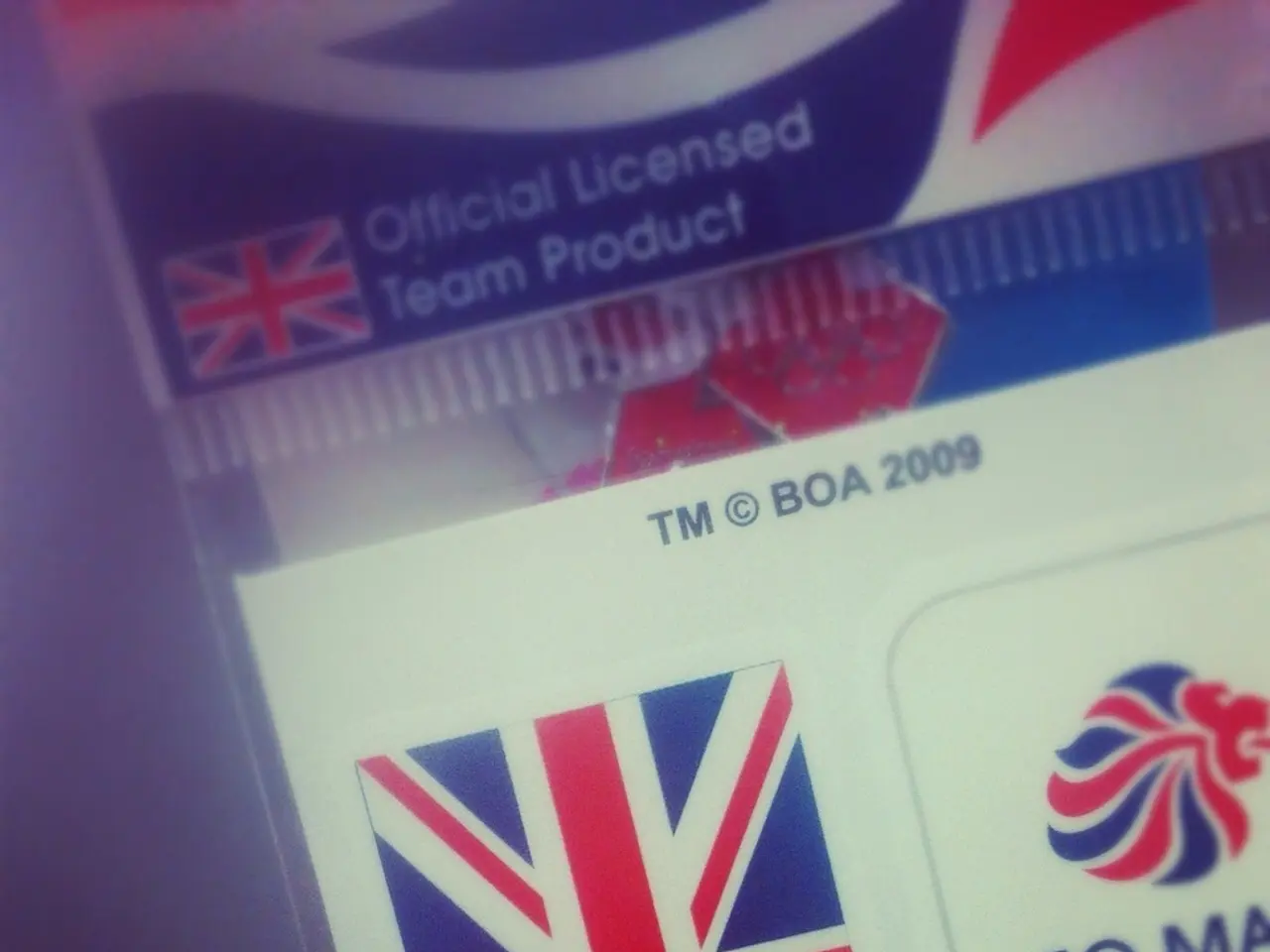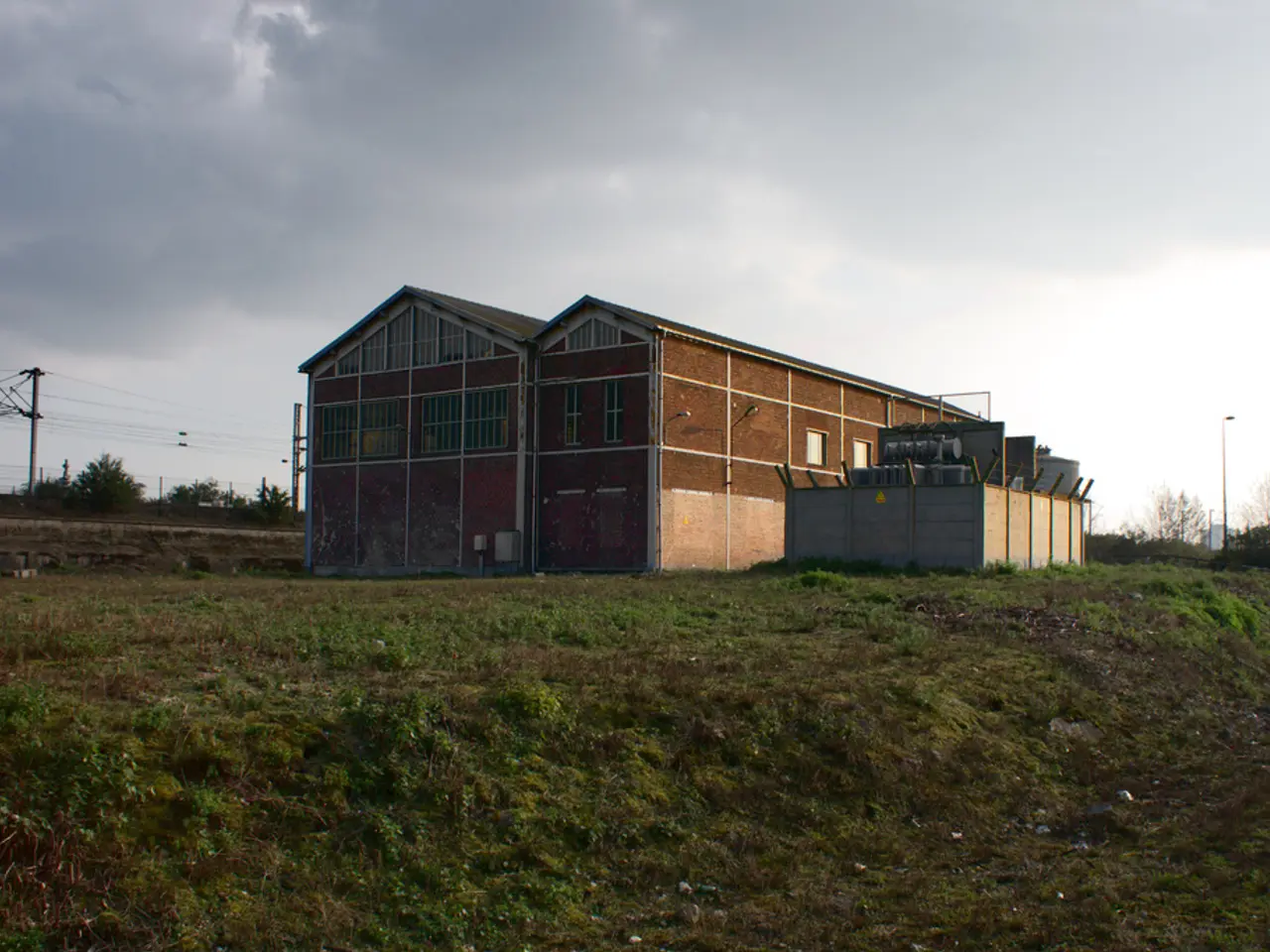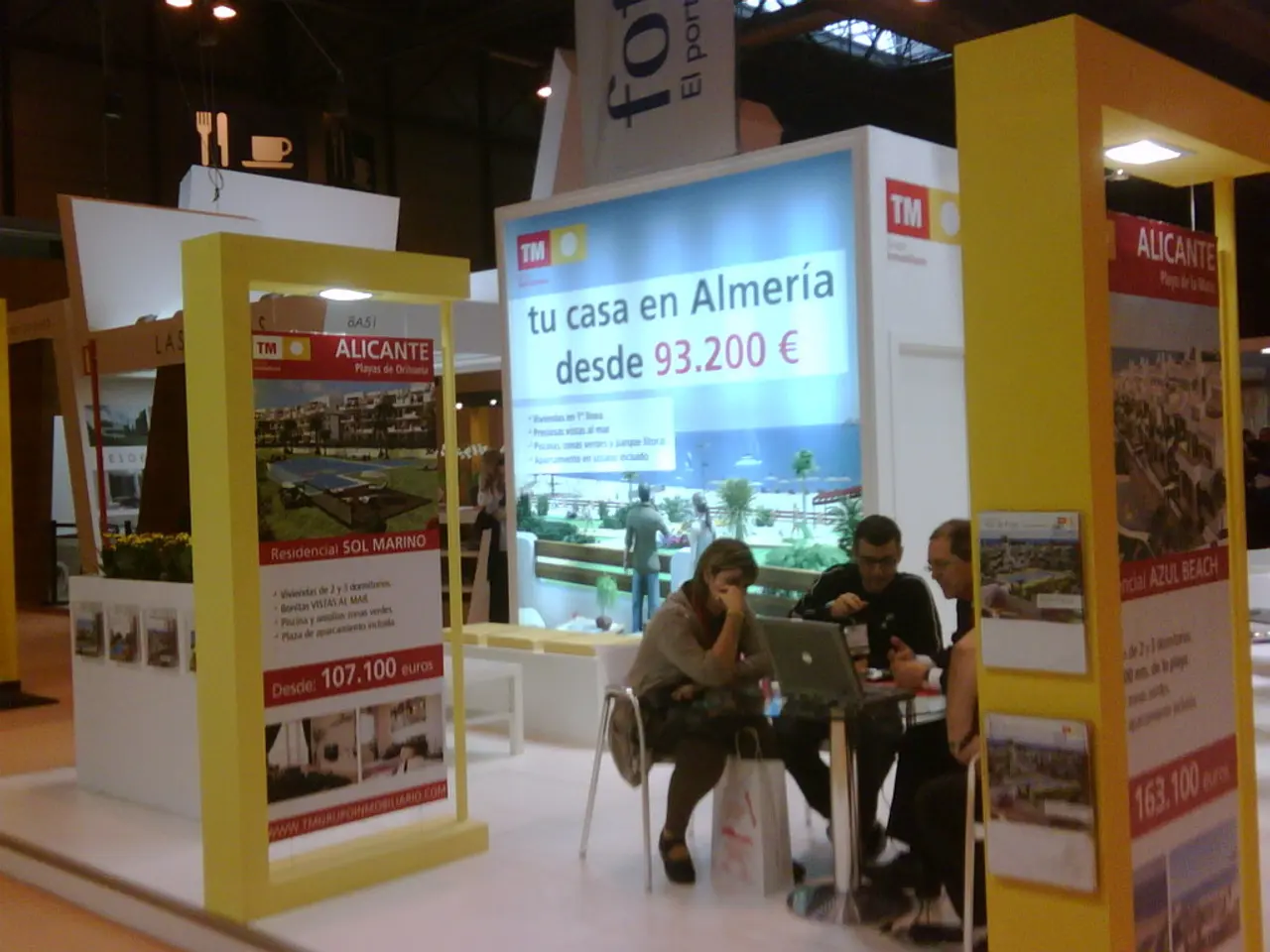Mercosur and the EFTA alliance of Europe finalize a trade agreement
After years of negotiations, two significant free trade agreements (FTAs) are on the verge of being finalized. The Mercosur-EFTA FTA and the EU-Mercosur FTA, covering a combined population of nearly 300 million people and a combined GDP exceeding $4.3 trillion (€3.64 trillion), are poised to reshape international trade.
The Mercosur-EFTA FTA, which involves the Mercosur countries (Brazil, Argentina, Uruguay, Paraguay, Bolivia) and the European Free Trade Association (EFTA) nations (Norway, Iceland, Switzerland, Liechtenstein), was finalized in principle in early July 2025. The agreement, which covers trade of goods, services, investment, and intellectual property rights, among other sectors, is awaiting formal announcement at a Mercosur summit in Buenos Aires. Despite this conclusion, the deal still requires internal approvals within the member countries before it can come into effect. Notably, unlike the EU-Mercosur deal, no significant resistance is anticipated from EFTA countries regarding this agreement.
In contrast, the EU-Mercosur agreement, which was initially reached in 2019, has encountered ongoing challenges. After enhanced discussions on sustainable development aspects in late 2024, the deal still lacks formal approval by EU member states and faces opposition from some countries, notably France, reflecting political and environmental concerns. The European Parliament and member countries have been involved in discussions and resolutions related to trade agreements, but as of mid-2025, the EU-Mercosur deal remains awaiting ratification and is subject to further negotiations and possible modifications before it can be fully implemented.
The free trade areas between the two blocs will result in the removal of customs duties, which is intended to boost trade between the regions. However, the EU-Mercosur FTA has faced opposition from France and Spain, due to fears of unfair competition that could harm their agricultural sectors.
These FTAs mark a significant step forward in international trade, but their success remains contingent on the approval of national parliaments and ongoing negotiations. The Mercosur-EFTA FTA is closer to formal adoption but still pending final national approvals, while the EU-Mercosur deal remains stalled by political and environmental objections within the EU, delaying ratification and implementation.
- The Mercosur-EFTA FTA, while awaiting formal announcement, is slated to influence the news cycle as it involves European and American media, given the combined population and GDP it represents.
- The finance and business sectors in America and Europe are closely watching the progress of both FTAs, particularly the EU-Mercosur FTA, as its ratification remains uncertain due to opposition from certain countries like France.
- As the Mercosur-EFTA FTA advances towards formal adoption, news outlets in both Europe and America may shift focus from potential conflicts to the anticipated growth and economic impact of the FTA on their respective nations.




